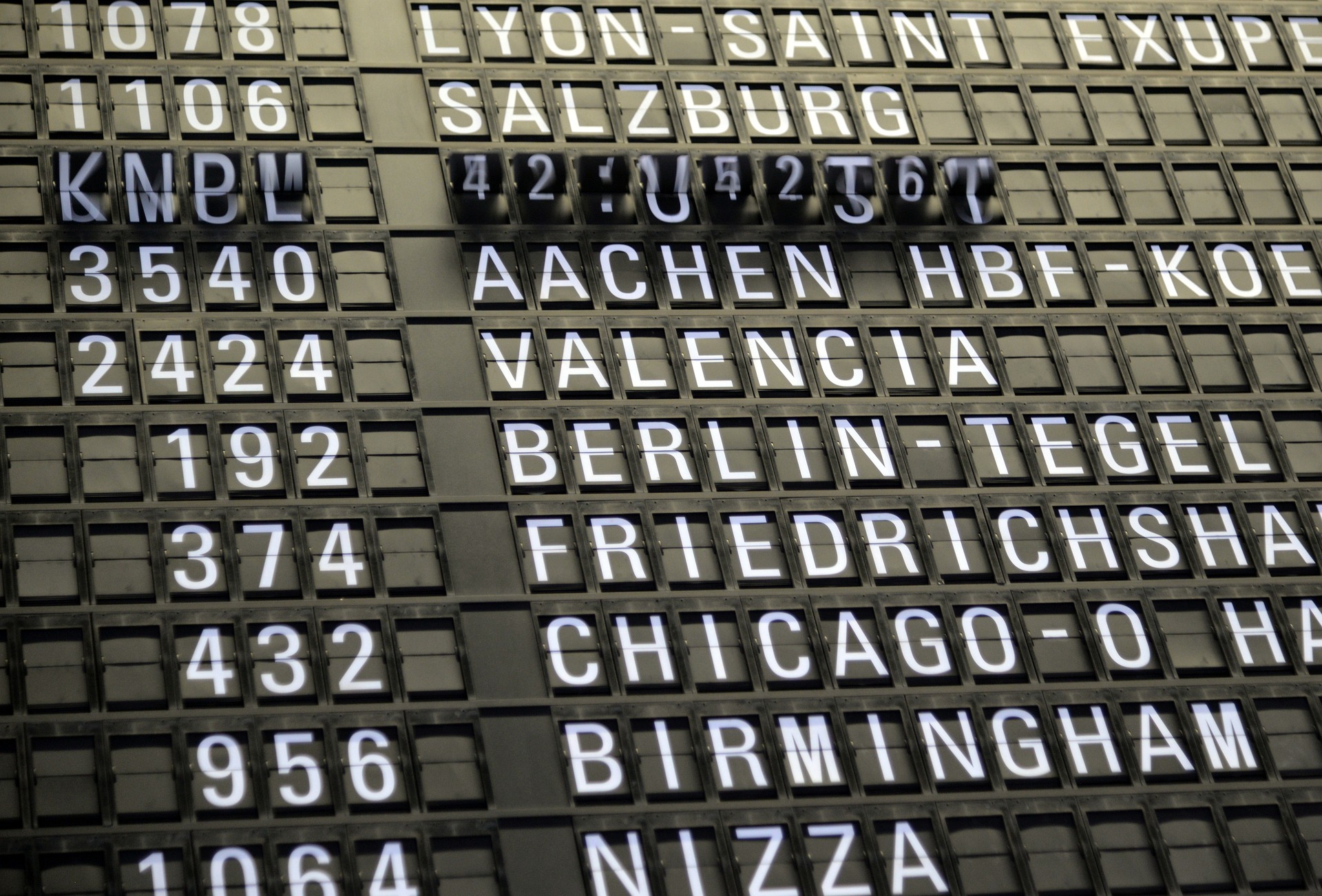When to choose flexible dates: assessing cost versus convenience
Choosing flexible travel dates can reduce costs, ease logistics, and lower stress, but it also introduces trade-offs in planning certainty and time. This article examines when flexibility makes financial sense, how it interacts with fares, refunds, and loyalty programs, and practical steps to compare options so you can decide whether shifting dates is worth the convenience or added risk.

Choosing whether to travel with flexible dates requires balancing potential savings against personal constraints like fixed meetings, family commitments, or limited vacation windows. Flexible dates can reveal significantly cheaper fares, fewer connections, or shorter layovers, but they can also complicate itinerary planning, affect the availability of refundable options, and change how loyalty benefits apply. This guide explains the main factors to evaluate so you can make an informed choice between cost savings and convenience.
How do flights and booking windows affect price?
Airline pricing is sensitive to booking windows and demand. Flights booked well in advance may be cheaper on some routes, while last-minute deals occasionally appear for less popular services. Using flexible date searches lets you compare day-to-day fare variations and see if shifting travel by a day or two yields meaningful savings. Keep in mind that holiday periods and peak business travel times can shift prices unpredictably, so flexibility often has the most value on off-peak dates or when you can travel midweek.
What role do fares and refundability play?
Flexible tickets and refundable fares typically cost more upfront but reduce financial risk if plans change. Nonrefundable basic fares can be attractive for fixed itineraries, while refundable or changeable fares suit uncertain schedules. Some airlines offer change waivers or low-cost change fees, which can be combined with flexible dates to preserve savings while retaining some protection. When comparing, factor in potential change or cancellation fees and consider whether the premium for refundability outweighs the chance you’ll need to alter the trip.
When does itinerary flexibility pay off?
Flexibility in your itinerary—shifting departure or return dates—pays off when savings exceed the value of your time and the cost of any extra logistics, such as additional nights of accommodation or time off work. For travelers with loose schedules, even a small fare reduction per passenger can justify changing dates. For business or time-sensitive travel, the cost of disruption may be higher than the monetary saving. Evaluate the total trip cost, including ground arrangements and time value, not just the flight price.
How to weigh connections and layovers?
Flexible dates can change routing and connection quality. A cheaper flight on a different day might add long layovers or require tight connections that increase the risk of missed flights. When flexibility alters connections, consider the transfer time, airport layout, and whether you need visas or overnight stays. Sometimes a slightly higher fare with a single connection or guaranteed minimum connection time is worth the convenience and lower stress, especially when traveling with family, elderly passengers, or when connections are through congested hubs.
Should travel insurance influence flexible dates?
Travel insurance and ticket protections interact with flexible bookings. Policies that cover cancellations, delays, or missed connections can reduce the financial downside of flexible travel, but insurance costs should be added to the comparison. If you plan to shift dates frequently, confirm whether your insurer honors changes or has exclusions for voluntary itinerary adjustments. For trips with higher uncertainty—illness risk, conditional work travel, or complex multi-city plans—insurance or refundable fares may make flexible dates more viable.
| Product/Service | Provider | Cost Estimation |
|---|---|---|
| Flexible date fare search (tool) | Google Flights | Free tool; cost impact: potential savings typically $20–$200+ depending on route and timing |
| Aggregated search and price alerts | Skyscanner | Free tool; can reveal lower fares through flexible dates, variable savings |
| Comparison engine with calendar view | Kayak | Free tool; often shows best-day departure/return, estimated savings vary |
| Flexible fare option (no change fees on many routes) | Southwest Airlines | Fare premium varies; refundable/changeable policies often included or low fee (estimate: $0–$100 difference depending on fare class) |
| Refundable or changeable ticket types | Major legacy carriers (Delta, American, United) | Premium for refundable/changeable fares typically ranges from 10% to 50% above basic fares depending on route and class |
Prices, rates, or cost estimates mentioned in this article are based on the latest available information but may change over time. Independent research is advised before making financial decisions.
How does loyalty affect choosing flexible dates?
Frequent flyer status and loyalty programs can change the calculus. Elite members may receive waived change fees, priority rebooking, or access to saver award seats that make flexibility less costly. Conversely, award availability is often limited on peak dates, so flexible date searches can be essential for finding award seats without paying cash. When using miles or points, check award calendars and consider whether shifting travel by a day or two unlocks better redemption value or reduces cash co-pays.
Choosing flexible dates is a practical strategy when potential savings or itinerary improvements outweigh the cost of uncertainty. Weigh ticket refundability, the total trip cost (including accommodation and time), connection quality, insurance, and how loyalty benefits apply. Use flexible-date tools and provider policies to compare concrete options and make a decision aligned with your schedule constraints and risk tolerance.
Conclusion Flexible dates can offer meaningful savings and better routing options, but they also introduce planning complexity and potential additional costs. By comparing fares, refund policies, and the broader logistics of your trip, you can determine whether flexibility is a worthwhile trade-off for your specific travel needs.




